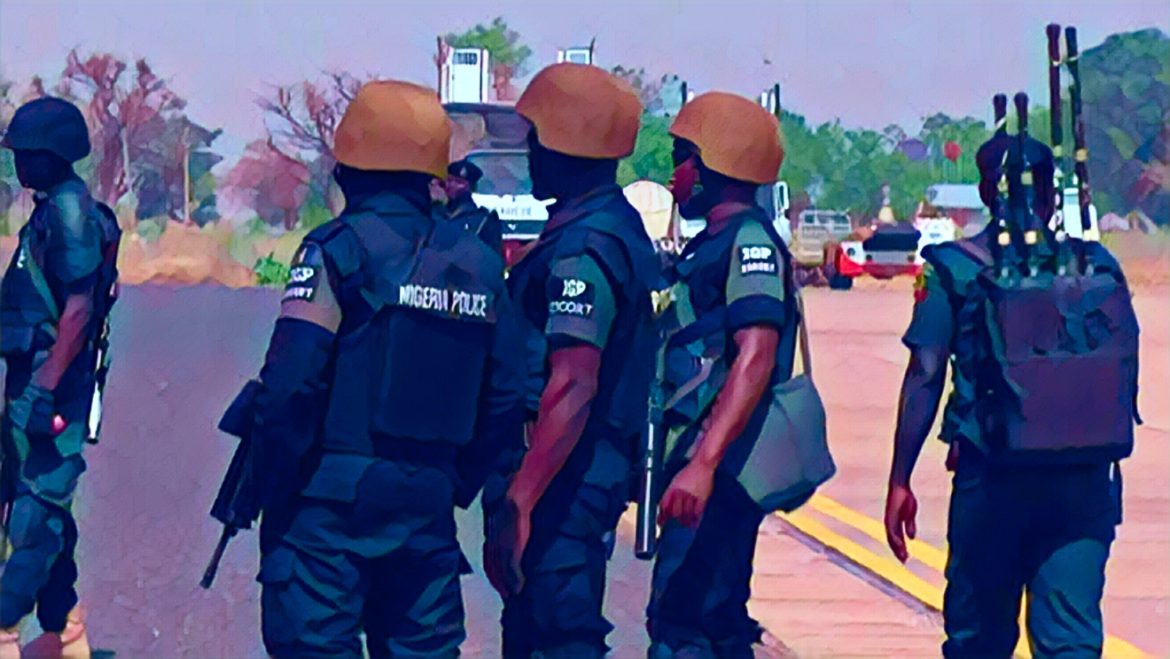Key Points
-
Police arrest woman in Nasarawa trafficking case.
-
Three minors rescued and placed under protective custody.
-
Nasarawa trafficking case raises concerns over child exploitation.
Police in Nasarawa State have arrested a woman who is accused of trying to traffic three minors. This shows how hard it is to stop human trafficking in Nigeria’s central corridor.
Officials said they got a tip-off and stopped the suspect before she could move the kids to an unknown place. The children, who are thought to be between 10 and 14 years old, have since been rescued and put in protective care.
The police said that investigations are still going on to find possible accomplices and the victims’ intended destination. The arrest shows how hard it is for police to fight organized trafficking networks that target weak families in rural areas.
Police arrest woman in case of trafficking
Authorities said the suspect allegedly tricked the kids into coming with him by promising them better opportunities outside of their communities. Police say that traffickers still use these kinds of tricks to get minors to work for them by taking advantage of their parents’ trust, lack of education, and poverty.
A police spokesperson said, “The quick action of our officers stopped what could have been a terrible crime.” “We are still committed to breaking up trafficking rings that work in Nasarawa and all over Nigeria.”
Children who were hurt were saved and put in a safe place
According to a report by Vanguard news, the minors who were saved are now in protective custody while social workers try to find their families.
Rights activists in Nasarawa have asked for community leaders, schools, and police to work together more closely to stop things like this from happening again.
Nigeria is still a major center for child trafficking in West Africa. Children are often forced to work in homes, sell things on the street, or be used for sex across borders. Experts say that the problem keeps getting worse because of weak enforcement and easy-to-cross borders.
The Nasarawa trafficking case raises more worries
The arrest has brought back up the question of how well Nigeria’s anti-trafficking laws work.
The National Agency for the Prohibition of Trafficking in Persons (NAPTIP) has made progress in the past few years, but campaigners say that there are still too few convictions compared to the size of the crime.
Analysts say sustained public awareness, community surveillance, and stiffer penalties for offenders are essential to reversing the trend. People who live in Nasarawa and the surrounding states should remember how dangerous it is for weak children and how important it is to be alert.


